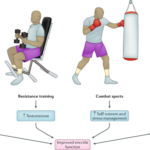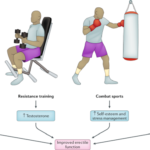- Mon- Sat: 9am-6pm | Sun : 9am -3pm
- [email protected]
- 7975891881
Sexual dysfunction is when you have trouble having sex or enjoying sex and this bothers you. Sexual dysfunctions are also sometimes called sexual disorders. Sex can be an important part of your health and quality of life, so dealing with sexual dysfunction can be tough physically and emotionally. Sexual disorders are very common, and most of the time they’re treatable.
Getting a customized treatment can be one of best experiences that you can have.
Disorder may be caused by:
Causes of genital arousal disorder include:
Orgasm disorder happens when you don’t have orgasms, it takes a long time for you to orgasm, you have orgasms less often than you’d like, or your orgasms aren’t as strong as you would like, and you feel sad, or worried about it. It’s one of the most common sexual problems. It may be more common among transgender people.
Having an orgasm involves lots of things — your hormones, physical health, emotions, experiences, beliefs, lifestyle, and relationships. Problems with any of these can affect your ability to have an orgasm.

Erectile dysfunction — also called ED — is when you have trouble getting or maintaining an erection. This means your penis can’t get erect (hard) enough to have sex, or it can’t stay hard enough to finish having sex.
Most people who have ED are 65 or older. But it can happen at any age. Ad not all older people have ED — many older people can still get hard, though some may have different needs for getting and staying hard than younger people.

Ejaculation (aka “cumming”) is when semen spurts out of the opening of the urethra in your penis, usually during sex or masturbation. Premature ejaculation is when you ejaculate (cum) before you want to — usually before your partner has an orgasm.
Premature ejaculation is pretty common, especially for younger people. There’s nothing to worry about if it happens every once in a while. But it can be considered a medical issue if it happens more than half of the times you try to have sex.
Nobody knows for sure what causes premature ejaculation, but it’s most likely psychological or emotional. Premature ejaculation isn’t caused by diseases, infections, or problems with your nervous system.
Nerve irritation or nerve damage in your vulva
Inflammation (swelling) in your vulva
Some genetic disorders, like chronic pain or problems fighting infections
Problems with your pelvic floor muscles
Reactions to certain infections
Food sensitivities
Conditions that impact the muscles or bones near your vulva
Sexual abuse or trauma in your past
Disorder may be caused by:
Causes of genital arousal disorder include:
Orgasm disorder happens when you don’t have orgasms, it takes a long time for you to orgasm, you have orgasms less often than you’d like, or your orgasms aren’t as strong as you would like, and you feel sad, or worried about it. It’s one of the most common sexual problems. It may be more common among transgender people.
Having an orgasm involves lots of things — your hormones, physical health, emotions, experiences, beliefs, lifestyle, and relationships. Problems with any of these can affect your ability to have an orgasm.

Erectile dysfunction — also called ED — is when you have trouble getting or maintaining an erection. This means your penis can’t get erect (hard) enough to have sex, or it can’t stay hard enough to finish having sex.
Most people who have ED are 65 or older. But it can happen at any age. Ad not all older people have ED — many older people can still get hard, though some may have different needs for getting and staying hard than younger people.

Ejaculation (aka “cumming”) is when semen spurts out of the opening of the urethra in your penis, usually during sex or masturbation. Premature ejaculation is when you ejaculate (cum) before you want to — usually before your partner has an orgasm.
Premature ejaculation is pretty common, especially for younger people. There’s nothing to worry about if it happens every once in a while. But it can be considered a medical issue if it happens more than half of the times you try to have sex.
Nobody knows for sure what causes premature ejaculation, but it’s most likely psychological or emotional. Premature ejaculation isn’t caused by diseases, infections, or problems with your nervous system.
Nerve irritation or nerve damage in your vulva

Getting a customized treatment can be one of best experiences that you can have.
Copyright © 2022. All rights reserved | Powered by Appadd India Pvt Ltd
WhatsApp us